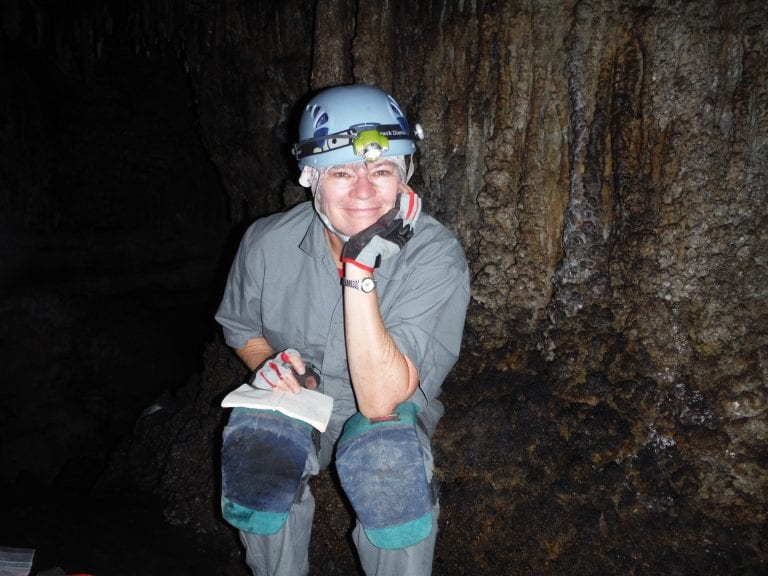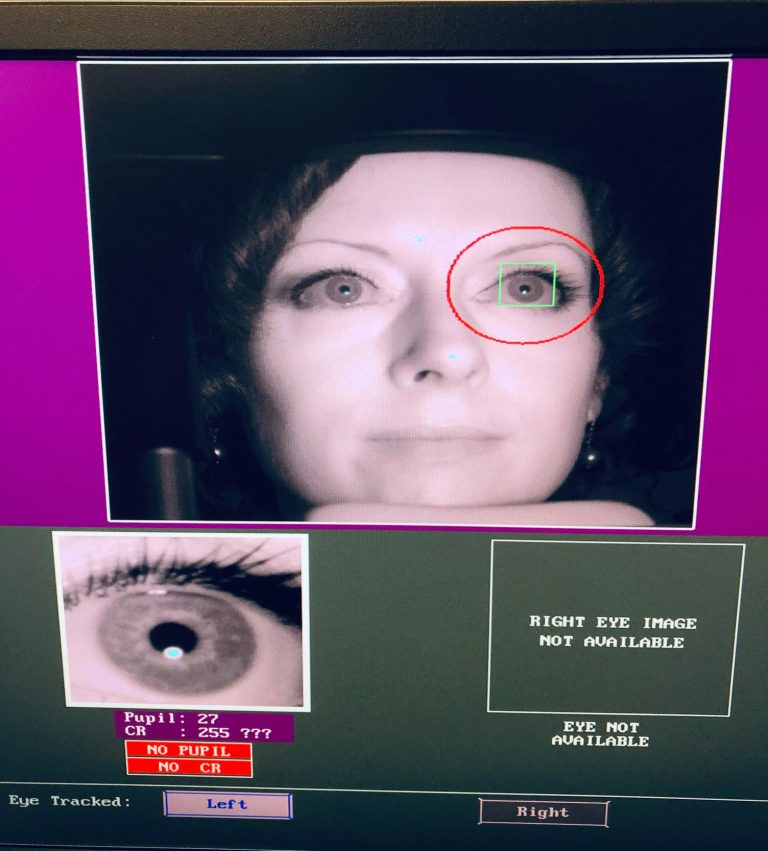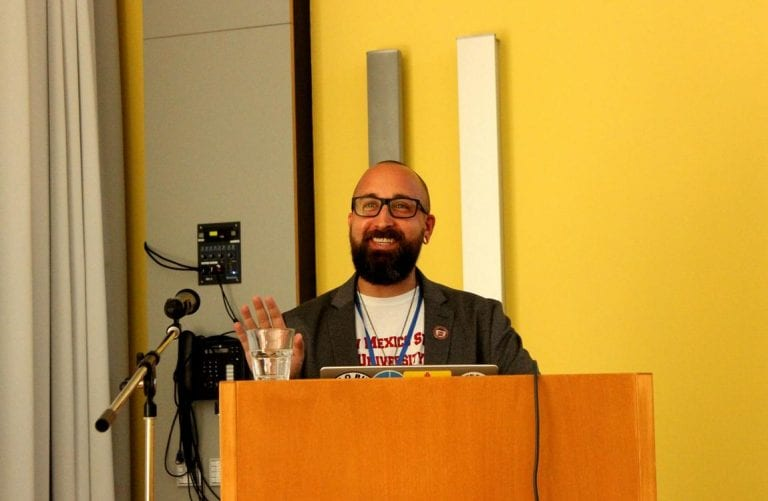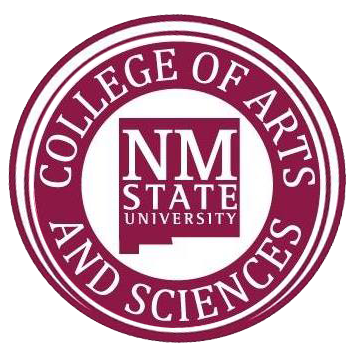Information for Potential scholars
Thinking about becoming a Discovery Scholar and don’t know where to start? You’re in the right place!
Why become a Discovery Scholar?
The goal of the Discovery Scholars Program (DSP) is to nurture undergraduates through scholarly and creative projects with faculty and staff mentors, and to encourage scholars to continue their education in graduate or professional school. Through the DSP, scholars become active collaborators and gain invaluable experience for their future academic and/or career aspirations.
“No matter what […] your passions are, research is a tool to go beyond the textbook, beyond the classroom, and the Discovery Scholars Program gets the conversation started.” –Luke Sanchez, Biology Scholar
What do Discovery Scholars do?
Discovery Scholars work closely with their faculty mentor to identify a feasible scholarly or creative project that is not already part of existing coursework. Projects will naturally be aligned with the mentor’s area of expertise, so keep that in mind when contacting potential mentors. While working on their projects, scholars also complete 7 benchmarks, which are designed to promote professional development and academic growth. Completing benchmarks also gets you additional DSP swag!
“Not only is it helping structure the process of my research and get through it, but it’s also encouraged me to take things further. It’s gotten me excited about my academic future.” –Fallon Murphy, Communication Studies Scholar
How do Discovery Scholars find mentors?
Any faculty member from one of the Departments within the College of Arts and Sciences (CAS) can potentially be a mentor, although not everyone is always available. The List of Potential Mentors page contains faculty members who are currently accepting new scholars, but the list is not exhaustive. That is, if your favorite CAS professor isn’t listed, feel free to email them and inquire about it. Once you find a mento and agree upon a project, simply return to the DSP website and complete an application. There is no cost associated with any of this. DSP exists to promote and celebrate undergraduate research.
“I want to inspire other students to apply to this program, because it’s very diverse. So, based on their interests, they can do whatever they want, as long as they report something new to their field.” –Jessica Tarin, Communications Studies Scholar
If you have more questions, please check out our FAQ.
Potential Scholar FAQ
If you’re thinking about becoming a DSP scholar, and want to know more, please check out the FAQ below. If your question does not appear, please contact one of the DSP Team members.
Q: What is the duration of the DSP scholars?
A: The duration of your time in DSP depends on your graduation date, which should be kept in mind when designing the scope of your project with your mentor. Most scholars finish their DSP projects within 2-3 semesters, but if the project is completed in more or less time, that is not problematic.
Q: What kind of time commitment should I expect?
A: With your faculty mentor, you will work out a time commitment that fits within your course, work, and familial obligations. Time commitments really depend on the nature of the project, which you and your mentor have full control over.
Q: Is there funding available for my project?
A: The DSP sometimes has grants available to support scholars’ research and professional development, but we cannot guarantee funding availability from semester to semester.
Q: What should the scope of my project be?
A: That should be decided in a conversation between you and your mentor. The project should be a new intellectual/artistic contribution that can be completed within the time you have available (in your schedule and prior to graduation).
Q: If my project fails, will I still be able to complete the program?
A: Completing the project, regardless of the outcome, is never a “fail!” So long as you complete your project and achieve your benchmarks, you will remain a DSP scholar.
Q: What kind of swag will I receive?
A: Just for joining DSP, you and your mentor will receive DSP t-shirts. As scholars progress through benchmarks, they receive messenger bags and hoodies. Upon completion of the program, scholars receive stoles to wear for graduation.
Q: Is there a cost for joining DSP?
A: There is zero cost for joining.
Q: How do I document my benchmarks?
A: As you complete your benchmarks, you fill out a form on the DSP website letting us know.
Q: Do I need to document completion of too?
A: No, but you should discuss your project progress with your mentor on a regular basis.
Q: I’ve decided to add/modify my benchmarks. How do I go about doing that?
A: If you need to add or modify benchmarks, just email one of the DSP Team (be sure to copy your mentor, so we know that they’re on board with the change). We don’t need a justification to accompany the change. We trust that you and your mentor are making the best choice for your specific situation.
Q: Can I be enrolled in the DSP at the same time as other programs on campus (e.g., HHMI, BRaIN)?
A: Absolutely! DSP aims to recognize and celebrate all undergraduate scholarly activity, even if that activity is associated with another program. The only restriction is that you cannot use regular coursework as DSP scholarly activity.
List of potential mentors
Below, you will find a list of potential DSP mentors. Please note, this is NOT an exhaustive list. This is simply a group of professors who have indicated their interest in being DSP mentors. Here you will find information on potential mentors, their email addresses, and their respective departments. If you are interested in working with these people, please reach out to them via email. Note that the decision to accept you as a mentee is entirely up to the individual mentor, so to move forward, you will need to have a discussion with your potential mentor. If you have an additional faculty member with whom you would like to work, do not fret if they are not on this list. That is perfectly okay, provided the faculty member agrees to mentor you through the program. Lastly, please note that this will be a “living list.” As more faculty become interested in the program, we will continue to modify and add to it.
| Name | Department | ||||
|---|---|---|---|---|---|
| Boecklen, William | wboeckle@nmsu.edu | Biology | |||
| Bailey, Donovan | dbailey@nmsu.edu | Biology | |||
| Curtiss, Jennifer | curtij01@nmsu.edu | Biology | |||
| Serrano, Elba | serrano@nmsu.edu | Biology | |||
| Harvey, Neil | nharvey@nmsu.edu | Government | |||
| Guynn, Melissa | mguynn@nmsu.edu | Psychology | |||
| Hout, Michael | mhout@nmsu.edu | Psychology | |||
| Kroger, James | jkroger@nmsu.edu | Psychology | |||
| Amato, Jeff | amato@nmsu.edu | Geological Sciences | |||
| Burgette, Reed | burgette@nmsu.edu | Geological Sciences | |||
| Hampton, Brian | bhampton@nmsu.edu | Geological Sciences | |||
| Johnson, Emily | erj@nmsu.edu | Geological Sciences | |||
| McMillan, Nancy | nmcmilla@nmsu.edu | Geological Sciences | |||
| Ramos, Frank | framos@nmsu.edu | Geological Sciences |
List of benchmarks
Students become Discovery Scholars when they and a faculty or staff mentor choose to embark on a project of scholarly work. As the project develops, scholars accomplish certain benchmarks on the list below. When scholars complete 7 benchmarks, they are graduates of the Discovery Scholars Program.
Note regarding scholarship projects started before application to DSP: Students may have a scholarship/research project in progress before applying to DSP. That is no problem — DSP can accept the project retroactively. Complete the application form as if the project is new — list the milestones for the entire project, even if some of them were completed prior to the DSP application.
- Project description, timeline, and milestones developed with mentor; on file with DSP
- Complete half of project milestones
- Complete project
- Present scholarly work at URCAS
- Attend a professional conference (without presenting)
- Present scholarly work at conference, exhibition, recital, film festival, reading, etc.
- Take the GRE
- Author or co-author a manuscript submitted for publication
- Promote #DiscoveryScholars ten times on social media
- Attend workshop on applying for the National Science Foundation (NSF) Graduate Research Fellowship (GRF) program
- Apply for the NSF GRF program
- Apply for graduate or professional school
- Apply for an artist residency
- Apply for solo exhibition or performance
DSP will celebrate progress towards the seven benchmarks. When a student joins the program, both student and mentor will receive a DSP t-shirt. At the completion of 3 benchmarks, the student and mentor receive a DSP messenger bag, and at the completion of 7 benchmarks, the student and mentor receive a DSP hoodie. The student also receives a DSP stole to wear at graduation.
Application for new students
Coming Soon
Information for Potential Mentors
Mentoring DSP scholars is a rewarding experience, mutually beneficial for the scholar and the mentor. If you have never been a DSP mentor, and want to know more, check out the FAQ below.
If your question does not appear, please feel free to contact any of the DSP Team members.
Q: What kind of time commitment is required for DSP mentoring?
A: Totally up to you! Each mentor-scholar relationship is unique and discipline-specific, so the time commitment depends on the scope of the project. Many mentors find that scheduling regular (or semi- regular) meetings works best, but the choice is up to you and your scholar. All we ask is that you devote suficient time to work closely with your scholar so that they receive the guidance and direction necessary to succeed.
Q: When does the clock “run out” on the scholar? Is the program one year long?
A: There is no pre-determined deadline. The only “real” deadline is the scholar’s graduation date, so this should be kept in mind during project development. Scholars can (and often do!) continue to work with their mentors even after the DSP project is complete.
Q: Do scholars need to log hours, or agree to a particular time-commitment?
A: Again, totally up to you! We recommend that mentors and scholars establish project milestones and timelines early, and agree upon a work schedule (e.g., Will some work need to be completed on weekends or between semesters? How often will meetings occur?). The DSP Team will not impose any time requirements on mentors and scholars.
Q: How should I mentor my scholar? Should I treat them like a graduate student?
A: DSP scholars have a great deal of drive and potential, and they often possess many skills already. That said, it is important to keep in mind that they are not graduate students, so your expectations should be tailored accordingly. The ultimate goal is for mentors to encourage scholars’ growth, independence, responsibility, and professional development.
Q: What is an appropriate scope for my scholar’s project?
A: This is entirely up to you and the scholar. The project should be an original piece of scholarship that is not part of the scholar’s regular coursework, and one to which the scholar intellectually contributes (i.e., they should not be thought of as research assistants). Projects should be feasible within the scholar’s abilities and time constraints (e.g., graduation deadline, course or work schedules, prior training, familial obligations, etc.), but the scope is otherwise up to you.
Q: How much does the DSP leadership “keep tabs” on me?
A: Very little, unless you need us. The program is designed to encourage growth and collaboration between the scholar and mentor, and we will not micromanage that. We trust you to do what is best for your scholar and project.
Q: Do I need to keep track of my students’ benchmarks?
A: Yes and no. Scholars report on their benchmark progress via our website, and we recommend that mentors check in with their scholars about their progress at least once per semester. If you and your scholar need to modify the benchmarks, simply email us and let us know.
Meet the Team

Nancy McMillan grew up in Los Alamos, New Mexico, and attended New Mexico State University as an undergraduate. Studying geology and Russian, she was given the opportunity to study the minerals in lava flows in the Organ Mountains for a senior thesis. There was a day when she had collected data and plotted them up and asked her faculty mentor what it all meant. He told her, “No one has ever seen those data….it’s up to you to figure out what it means. So let’s take a look and think about it.” That changed everything for her–that was the day she became a scientist. Since then, she earned her BS Geology and BA Russian at NMSU, went on to earn a PhD in Geology from Southern Methodist University, and arrived at NMSU as a geology faculty member in 1989. She is now a Regents Professor, Department Head of Geological Sciences, and passionate about undergraduate research and the Discovery Scholars Program. Contact: nmcmilla@nmsu.edu

Megan H. Papesh grew up in Cleveland, Ohio, and attended Baldwin-Wallace College for her bachelor’s degree before moving to Tempe, Arizona to get a master’s and PhD at Arizona State University (not a copy- paste error: She and Dr. Hout were labmates). She worked at Louisiana State University for 8 years before joining the Department of Psychology faculty at New Mexico State University. Her research explores basic and applied questions in cognition and cognitive neuroscience, including the dynamic modulation of attention, how people learn and remember, and the challenges of face perception/recognition. Megan uses multiple methods in her research, such as behavioral responding, mouse-tracking, eye-tracking, pupillometry, and (with external collaborators) single-cell neural recording. Since earning her PhD, Megan’s research and teaching efforts have been recognized in several ways, including the Rising Star award from the Association for Psychological Science, early career rainmaker award, and several undergraduate teaching awards. Outside of academic pursuits, she enjoys spoiling her dog, hiking, and cooking. Contact: mpapesh@nmsu.edu

Michael C. Hout grew up in Pittsburgh, Pennsylvania, and attended the University of Pittsburgh for his bachelor’s degree before moving to Tempe, Arizona to get a master’s and PhD at Arizona State University. He is an Associate Professor in the Department of Psychology at New Mexico State University, and an Associate Editor at the journal Attention, Perception, and Psychophysics. His research focuses primarily on visual cognition (including visual search, attention, eye movements, and memory) and the development of alternative methods of collecting similarity data for use in multi-dimensional scaling. He has won several awards for research and teaching, including the Rising Star award from the Association for Psychological Science, and currently engages in outside consulting for organizations such as Major League Baseball. In his limited free time, he enjoys walking his dogs, running, hiking, playing hockey, and cycling. He will be on leave until 2022 while he works as a Program Director for the Perception, Action, and Cognition program at the National Science Foundation. During that time, he will not be quite as involved as he was previously, but he will continue to help out the DSP whenever and wherever he can.
